The views expressed in our content reflect individual perspectives and do not represent the authoritative views of the Baha'i Faith.
The Baha’i teachings have a healing prescription for the great disparity between wealth and poverty in today’s world, and it calls for a complete “readjustment in the economic conditions of mankind:”
… at the present time the rich enjoy the greatest luxury and comfort, they are nevertheless deprived of eternal happiness; for eternal happiness is contingent upon giving, and the poor are everywhere in the state of abject need. Through the manifestation of God’s great equity the poor of the world will be rewarded and assisted fully, and there will be a readjustment in the economic conditions of mankind so that in the future there will not be the abnormally rich nor the abject poor. The rich will enjoy the privilege of this new economic condition as well as the poor, for owing to certain provisions and restrictions they will not be able to accumulate so much as to be burdened by its management, while the poor will be relieved from the stress of want and misery. The rich will enjoy his palace, and the poor will have his comfortable cottage.
The essence of the matter is that divine justice will become manifest in human conditions and affairs, and all mankind will find comfort and enjoyment in life. – Abdu’l-Baha, The Promulgation of Universal Peace, p. 131.
What does it mean when the Baha’i teachings say that “divine justice will become manifest in human conditions and affairs, and all mankind will find comfort and enjoyment in life?” How will divine justice “become manifest?” How does divine justice relate to social justice?
Baha’is view the establishment of divine justice as an ongoing, dynamic process, one that Baha’u’llah promised would occur in this modern era: “Bestir yourselves, O people, in anticipation of the days of Divine justice, for the promised hour is now come.” Baha’is work for justice everywhere, encourage their respective governments to uphold and demonstrate it, and strive to practice it in their daily lives.
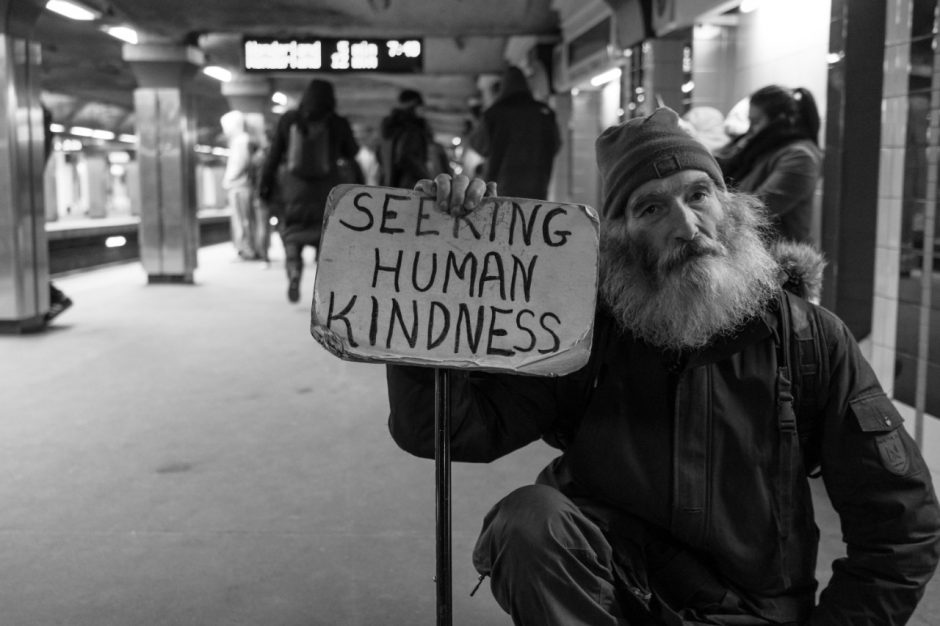
So let’s see how we can further define the whole concept of divine justice by referring to the Baha’i teachings and writings in a little deeper way. First, Baha’is believe that the advent of Baha’u’llah – which the teachings refer to as “the breath of the Holy Spirit” – represents the fulfillment of the religious prophecies and promises of the past, and has released a new infusion of spiritual power into the consciousness of the world’s peoples:
… the world of humanity must be confirmed by the breath of the Holy Spirit in order to receive universal education. Through the infusion of divine power all nations and peoples become quickened, and universal happiness is possible. – Ibid., p. 170.
When the revelation of Baha’u’llah emerged in the middle of the 19th century, the world began to change dramatically. Those changes soon became visible in technology, scientific advancement, the rapidity of communication and travel, and in the increasing interdependence of nations and peoples all around the globe. In the less visible realm, people started to respond to this new infusion of spiritual power by increasing the bonds of friendship and connection with others, by crossing the old boundaries of race, class and ethnic or national loyalties, by doing what they could to stop war and violence, and by beginning to see themselves as global citizens and as a single human family:
Among the results of the manifestation of spiritual forces will be that the human world will adapt itself to a new social form, the justice of God will become manifest throughout human affairs, and human equality will be universally established. The poor will receive a great bestowal, and the rich attain eternal happiness. – Ibid.
But what does all this mean? To enforce justice and equality, should governments forcibly take the “wealth and great luxury” from the rich and give it, Robin Hood-like, to the poor? If not, how do the Baha’i teachings propose to rectify “this great contrast of life, one of the blots on the civilization of this enlightened age?”
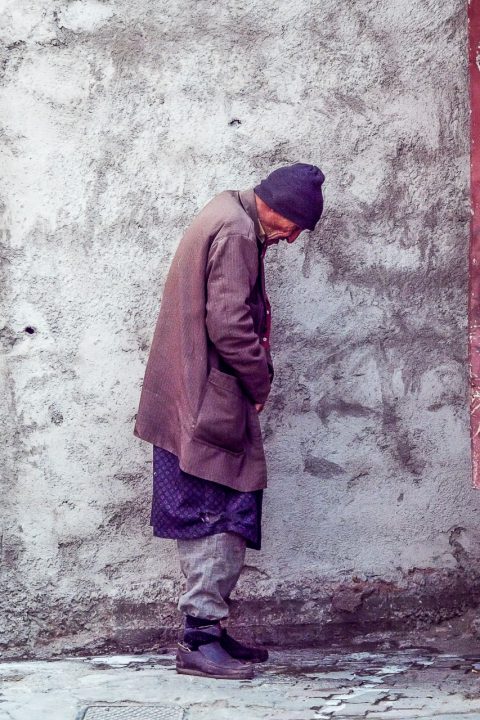
The Baha’i solution to income inequality, the enormous and growing gap between the extremes of wealth and poverty in our society, involves a new, spiritualized combination of public policy and philanthropy working together in tandem, described here by Abdu’l-Baha:
A financier with colossal wealth should not exist whilst near him is a poor man in dire necessity. When we see poverty allowed to reach a condition of starvation it is a sure sign that somewhere we shall find tyranny. Men must bestir themselves in this matter, and no longer delay in altering conditions which bring the misery of grinding poverty to a very large number of the people. The rich must give of their abundance, they must soften their hearts and cultivate a compassionate intelligence, taking thought for those sad ones who are suffering from lack of the very necessities of life.
There must be special laws made, dealing with these extremes of riches and of want. The members of the Government should consider the laws of God when they are framing plans for the ruling of the people. The general rights of mankind must be guarded and preserved. – Paris Talks, pp. 153-154.
“Special laws made,” Abdu’l-Baha said; and “the rich must give of their abundance.” Here the Baha’i teachings put forth a unique and unprecedented dual prescription for alleviating poverty – enlightened, voluntary benevolence from the wealthy, along with spiritualized governmental policies based on equal justice. This enlightened policy plus philanthropy model not only encourages but also incentivizes a philanthropic approach, while also legislating a basic level of social justice to ensure that no one lives in dire poverty, hunger or homelessness. Let’s look a little deeper:
Man reacheth perfection through good deeds, voluntarily performed, not through good deeds the doing of which was forced upon him. And sharing is a personally chosen righteous act: that is, the rich should extend assistance to the poor, they should expend their substance for the poor, but of their own free will, and not because the poor have gained this end by force. For the harvest of force is turmoil and the ruin of the social order. On the other hand voluntary sharing, the freely-chosen expending of one’s substance, leadeth to society’s comfort and peace. It lighteth up the world; it bestoweth honour upon humankind. – Abdu’l-Baha, Selections from the Writings of Abdu’l-Baha, p. 115.
Baha’is believe that this sort of spiritual advancement and voluntary help for others based on free will constitutes the ultimate state of society – but until we get there, we will need legislated remedies, too:
The fourth principle or teaching of Baha’u’llah is the readjustment and equalization of the economic standards of mankind. This deals with the question of human livelihood. It is evident that under present systems and conditions of government the poor are subject to the greatest need and distress while others more fortunate live in luxury and plenty far beyond their actual necessities. This inequality of portion and privilege is one of the deep and vital problems of human society. That there is need of an equalization and apportionment by which all may possess the comforts and privileges of life is evident. The remedy must be legislative readjustment of conditions. The rich too must be merciful to the poor, contributing from willing hearts to their needs without being forced or compelled to do so. The composure of the world will be assured by the establishment of this principle in the religious life of mankind. – Abdu’l-Baha, The Promulgation of Universal Peace, p. 107.
Does all of this mean that Baha’is advocate a classless society, with absolute economic equality and the redistribution of income and assets? No – absolutely not, in fact. The Baha’i teachings envision a future state of human society very different than the current, prevailing capitalist, socialist or communist economic theories and models. In the next essay in this series, we’ll explore that important issue.


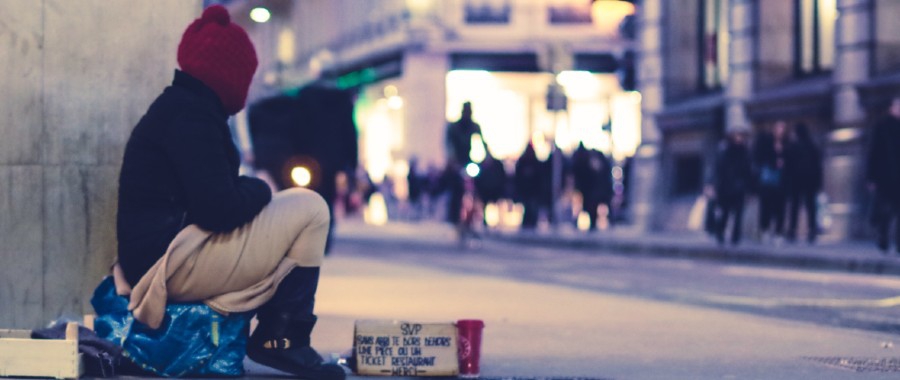

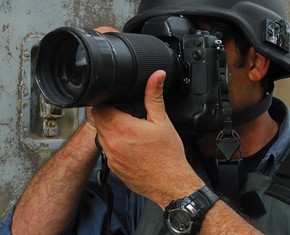
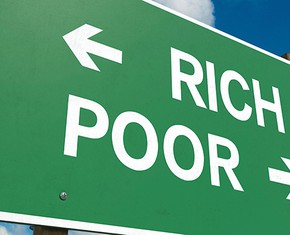










Comments
Sign in or create an account
Continue with Googleor